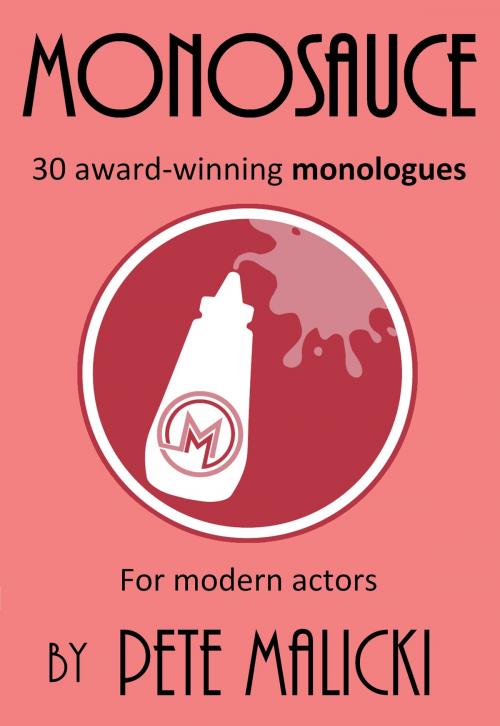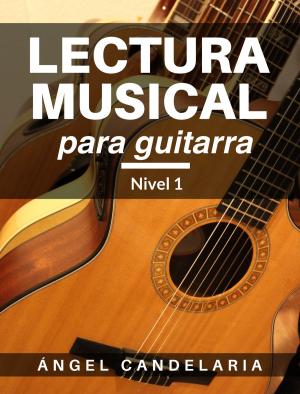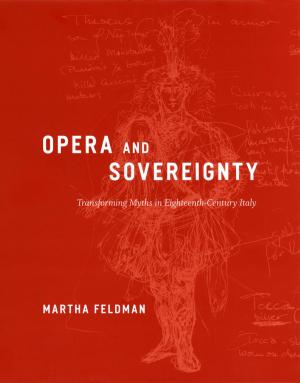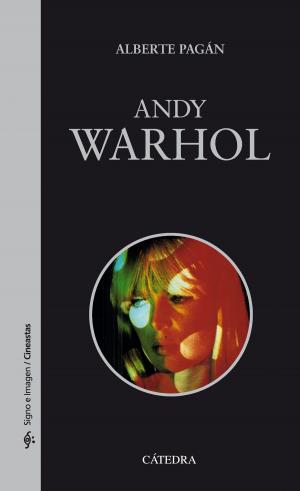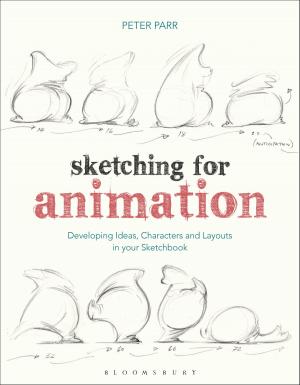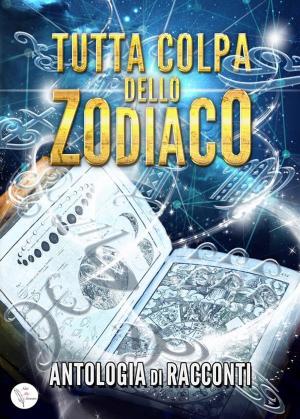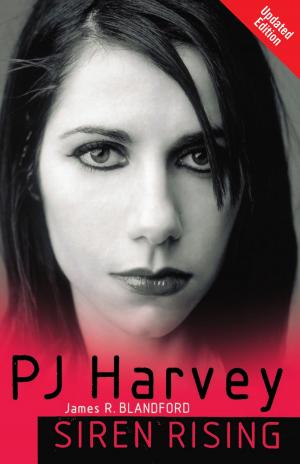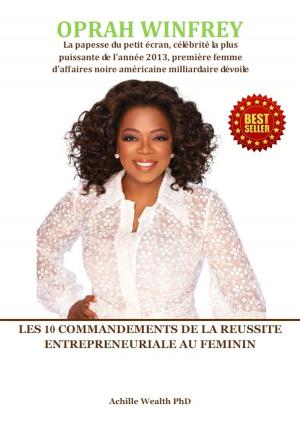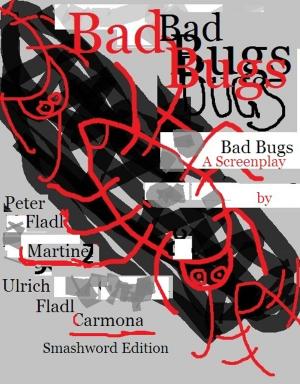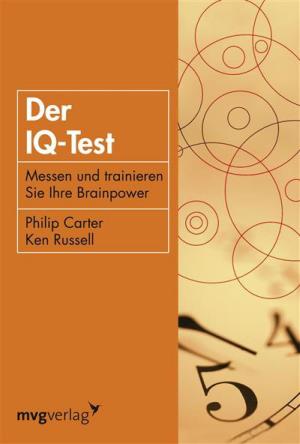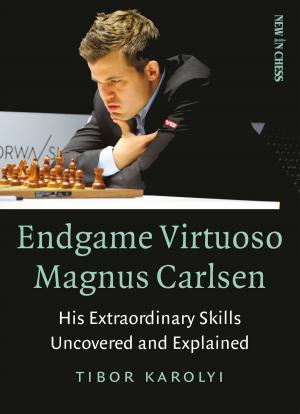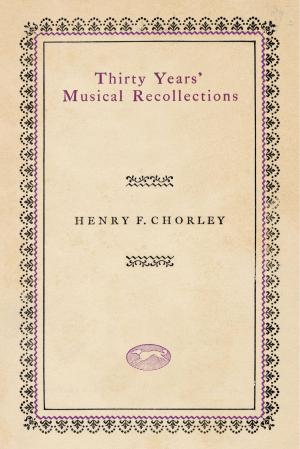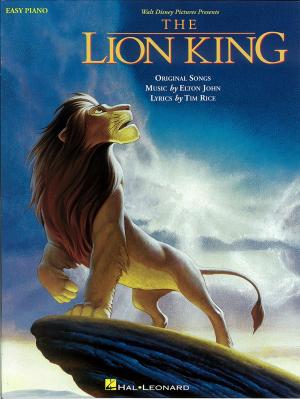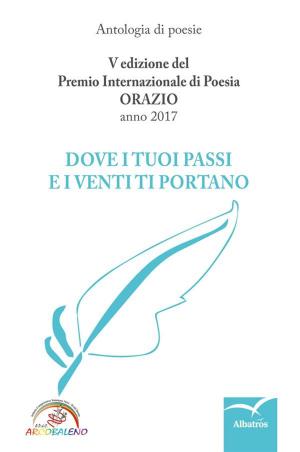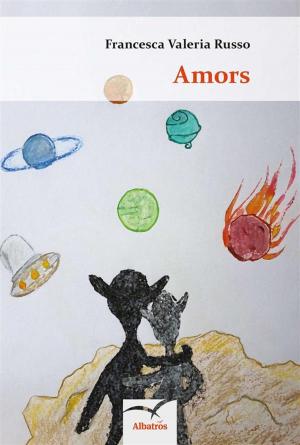Monosauce: 30 award-winning monologues
Fiction & Literature, Drama, British & Irish, Nonfiction, Entertainment| Author: | Pete Malicki | ISBN: | 9781370047109 |
| Publisher: | Pete Malicki | Publication: | October 22, 2016 |
| Imprint: | Smashwords Edition | Language: | English |
| Author: | Pete Malicki |
| ISBN: | 9781370047109 |
| Publisher: | Pete Malicki |
| Publication: | October 22, 2016 |
| Imprint: | Smashwords Edition |
| Language: | English |
Monologues are a fast-growing area of theatre, with new opportunities to perform them popping up left, right and centre.
Most actors only learn short monologues for auditions. Equally, most monologues you come across are written expressly for this purpose, with a typical duration of 1-3 minutes. Longer monologues – from 5-10 minutes and onwards – aren’t all that easy to find and the majority of actors don’t know one by heart.
This is not a good thing. There’s no excuse for an actor not to have at least one comedic and one dramatic monologue ready to go at all times. From a career perspective, it’s beyond undesirable if they don’t – it’s borderline negligent.
Why such a strong statement?
An actor who doesn’t have monologues in their repertoire is like a musician who doesn’t know any songs. They might be good at what they do but it will be hard for them to prove it.
Monologues provide an opportunity for an actor to showcase their work, putting them alone in the spotlight to demonstrate just how good they are. They are not designed for auditions, which are usually done in front of a small panel; they are designed for performance, meaning they are something you can put in front of an audience of any size. They are easily transportable, rarely being dependent on props and costumes (since we have mime and imagination to compensate) and never reliant on other actors being around. There are many thousands of festivals around the world which produce monologues, providing a platform for any actor who wants an audience. A monologue is the perfect vehicle for you to show off your stuff.
On top of that, many drama students around the world are required to perform monologues as part of their schooling and it’s incredibly difficult to find well-written pieces which are longer than 2-3 minutes.
As a playwright, International Literary Manager, and former Festival Director of the world’s largest short play festival (Short+Sweet Sydney), I know for sure there is a great market need for quality monologues. Quite simply, it’s hard to find good ones. There are many out there but they’re often weak on story and character, therefore not providing the raw materials an actor needs to shine. I had an epiphany when actor after actor told me they struggled to find a piece they liked: I realised I could help them!
So I moved the focus of my writing away from novels and full-length plays and onto monologues, emphasising rich characters and original, engaging stories that stay with you well after the performance. That said, actors thrive when they’re having fun on stage, so there are also a few “silly” pieces in here which are simply designed to make people laugh.
I’ve been fortunate enough to have these monologues produced over 600 times around the world and win 19 major awards from them. What’s more, 17 actors have won major awards from performing them. As my main aim is for people to enjoy watching and performing them, I’m glad to be on the right track.
For this volume, I’ve collated my best 30 pieces for you. Drama, comedy, male monologues, female monologues, gender-neutral monologues, good silly fun and dark serious stuff – this book has it all. All ages, races, genders, sizes, and personalities are catered for. And it’s formatted for performance so you can print the scripts and start rehearsing.
Do yourself a favour. Learn one of these pieces. The next time someone says, “So you’re an actor eh? Show me what you can do,” you’ll know exactly what to show them.
Monologues are a fast-growing area of theatre, with new opportunities to perform them popping up left, right and centre.
Most actors only learn short monologues for auditions. Equally, most monologues you come across are written expressly for this purpose, with a typical duration of 1-3 minutes. Longer monologues – from 5-10 minutes and onwards – aren’t all that easy to find and the majority of actors don’t know one by heart.
This is not a good thing. There’s no excuse for an actor not to have at least one comedic and one dramatic monologue ready to go at all times. From a career perspective, it’s beyond undesirable if they don’t – it’s borderline negligent.
Why such a strong statement?
An actor who doesn’t have monologues in their repertoire is like a musician who doesn’t know any songs. They might be good at what they do but it will be hard for them to prove it.
Monologues provide an opportunity for an actor to showcase their work, putting them alone in the spotlight to demonstrate just how good they are. They are not designed for auditions, which are usually done in front of a small panel; they are designed for performance, meaning they are something you can put in front of an audience of any size. They are easily transportable, rarely being dependent on props and costumes (since we have mime and imagination to compensate) and never reliant on other actors being around. There are many thousands of festivals around the world which produce monologues, providing a platform for any actor who wants an audience. A monologue is the perfect vehicle for you to show off your stuff.
On top of that, many drama students around the world are required to perform monologues as part of their schooling and it’s incredibly difficult to find well-written pieces which are longer than 2-3 minutes.
As a playwright, International Literary Manager, and former Festival Director of the world’s largest short play festival (Short+Sweet Sydney), I know for sure there is a great market need for quality monologues. Quite simply, it’s hard to find good ones. There are many out there but they’re often weak on story and character, therefore not providing the raw materials an actor needs to shine. I had an epiphany when actor after actor told me they struggled to find a piece they liked: I realised I could help them!
So I moved the focus of my writing away from novels and full-length plays and onto monologues, emphasising rich characters and original, engaging stories that stay with you well after the performance. That said, actors thrive when they’re having fun on stage, so there are also a few “silly” pieces in here which are simply designed to make people laugh.
I’ve been fortunate enough to have these monologues produced over 600 times around the world and win 19 major awards from them. What’s more, 17 actors have won major awards from performing them. As my main aim is for people to enjoy watching and performing them, I’m glad to be on the right track.
For this volume, I’ve collated my best 30 pieces for you. Drama, comedy, male monologues, female monologues, gender-neutral monologues, good silly fun and dark serious stuff – this book has it all. All ages, races, genders, sizes, and personalities are catered for. And it’s formatted for performance so you can print the scripts and start rehearsing.
Do yourself a favour. Learn one of these pieces. The next time someone says, “So you’re an actor eh? Show me what you can do,” you’ll know exactly what to show them.
